When you’re starting out as a translator, getting translation experience to add to your CV can be tricky. Volunteer translators who work for reputable organisations can accrue experience while learning on the job.
After joining the translation courses offered by The Translator’s Studio, I decided to supplement my training by applying to become a volunteer translator for Translators without Borders.
In this article, I’ll tell you all about how to become a volunteer translator, what it’s like working for Translators without Borders and the pros and cons of my experience. I hope it’ll help you decide whether the role of volunteer translator or interpreter would suit you.

DISCLOSURE: We sometimes review or link to products and services we think you might find helpful. Wherever possible we use referral links. This means if you click one of the links and make a purchase, we may receive a small commission or other compensation.
Unsure whether you're ready for the CertTrans, ATA exam or DipTrans?
Do our free translation level test and find out.
Available for Spanish- and French-to-English translators.
What is Translators without Borders or TWB?
Translators without Borders (known by the initials TWB) is a non-profit organisation whose stated aim is to work “towards a world with no language barriers”. It consists of a global community of more than 80,000 volunteer translators and interpreters.
These volunteers provide language services to humanitarian and development organisations that work with people facing humanitarian crises or other challenges.
TWB was originally founded as Traducteurs sans Frontières by Lori Thicke and Ros Smith-Thomas in France in 1993. It was incorporated as a non-profit organisation in the United States in 2011. Over the last five years, a new company called CLEARGlobal has been created to complement TWB.
With CLEARGlobal, TWB hopes to increase awareness of the breadth and depth of its work. Partners of TWB include the American Red Cross, the International Rescue Committee, Wikipedia and Microsoft. More about Translators without Borders.
- Become a confident professional translator
- Learn fast with our extremely detailed feedback
- Prepare for the CertTrans exam
- Get your translation certificate
Why volunteer as a translator for Translators without Borders?
I joined TWB in January 2021 as I didn’t have any professional translation experience. I saw it as a good way to add experience to my CV to get work from translation agencies. But CV-building isn’t the only reason to work for this organisation.
The work volunteers do is of a similar complexity to what you’d expect in a professional context. This makes it a good means of preparing yourself for life as a professional translator. Working for TWB is a great means of getting used to the tight deadlines you’ll encounter within a professional context.
You’ll also learn about the different people involved in managing the translation process by working closely with project managers and other professionals. Of course, you’ll build up your vocabulary in your different languages as well.
Book your next holiday now!
When I signed up with TWB, I’d already completed the Translation Conversion Course with The Translator’s Studio. That course gives a detailed overview of how to use CAT tools and how to take advantage of the many functions they offer. TWB also provides access to a popular CAT tool (Phrase, academic license available for free to our students) and good training on how to use it.
The opportunity to use Phrase while working for TWB was a good way of putting what I learnt about CAT tools on the Conversion Course into practice.
If you’re interested in humanitarian issues, then volunteering for Translators without Borders will be a rewarding experience for you. Working for TWB is a great opportunity to do fulfilling work for charity while receiving useful training.
On the whole, TWB is a meritocratic organisation and you’ll get credit for your work where it’s due in the form of plaudits on your Proz and LinkedIn profiles and good references. Working for TWB is also a good opportunity to show potential employers like translation agencies that you’re a sound professional translator.
Finally, I understand that Translators without Borders offers a high volume of work compared to other volunteer translating and interpreting opportunities.
Do you need translation qualifications to become a translator for TWB?
You don’t need formal translation qualifications to sign up with Translators without Borders. However, I understand that holding certain translation qualifications, such as the DipTrans, will automatically give the volunteer translator verified status.
- Become a more successful translator
- Learn fast with extremely detailed feedback
- Prepare to pass the CIOL DipTrans exam
- Get your advanced translation certificate
The TWB will consider working with student translators looking to get experience and linguists who want to contribute their time. This is particularly true in language combinations where translators are scarce. However, the complexity and semi-specialist nature of some of the texts means certain projects can be quite demanding, which makes them better suited to developing professional translators.
If you wish to receive more work from Translators without Borders, the ability to handle source texts written in the different dialects of your languages will come in handy. It’s also useful if you’re familiar with the terminology used in humanitarian and NGO fields.
Do TWB translators need to know how to use any special software?
All work for TWB must be carried out using Memsource. You access Memsource by clicking the green button on the Kató “claimed tasks” page. Translators accessing a task on Memsource will find the source text segments on the left-hand side of the page and the target text segments on the right-hand side.
The target text segments are usually blank and the translator will have to populate them themselves. Reviewers accessing tasks will find that the translator has populated the target text segments already and their job is to go through each segment and ensure that it’s been translated correctly.
There’s also the option for the reviewer to run a Q&A check on the document once they’ve completed their review. This check can be used to find inconsistencies in the translation. I almost always use this useful tool as it helps me check whether I missed anything at the proofreading stage.
Get a certificate in punctuation!
- Learn punctuation fast
- Get confident
- Build up your CV to impress clients
I translate from European and South American Spanish to English. Some of the South American documents are challenging as they are written in dialects that are unfamiliar to me.
Does Translators without Borders pay?
To date, I haven’t received any requests to complete a paid assignment from TWB. Even though the work isn’t remunerated, TWB can provide you with a personal reference if you request it. They’ll also comment on the standard of the work you’ve done on your ProZ and LinkedIn profiles.
Can being a volunteer TWB translator lead to employment with Translators without Borders?
TWB staff are very careful not to promise anything they can’t deliver. There’s no suggestion that translators will go on to receive employment within the organisation or paid freelance assignments. In fact, they explicitly state that most of the work their volunteers do will not be remunerated.
I’ve never been led to believe that working for TWB will lead to any form of paid employment with the organisation. It’s only in very exceptional circumstances that a translator will be paid for a project, and this is usually made explicit at the outset.
What do volunteer translators do at TWB?
TWB adopts a similar staffing structure to many translation agencies. Its projects often involve the following professionals: the translator, the reviser (who reviews the translator’s work) and the project manager who acts as an intermediary between the translator/reviewer and the client. There are also some staff members who occasionally carry out Q&A and other checks.
I didn’t have much professional translation experience before I started working for TWB, so it was a steep learning curve for me. Before becoming familiar with all the humanitarian terminology, I had to do a lot of online research to look up specific words used within an NGO context.
As a TWB reviewer, I’ve found that many translators find it difficult to translate idiomatically. I’ve come across many literal translations which have not sounded natural. The meticulous feedback I received from The Translator’s Studio on my assignments from the Translation Conversion Course and the DipTrans preparatory course has helped me become aware of how to translate idiomatically.
My work for TWB has given me a great opportunity to put this into practice.
What sort of subjects do you translate about with TWB?
My work for Translators without Borders has involved translating and revising a wide variety of documents. Assignments have included translating presentations, marketing documents, research papers, press releases and internal brochures, as well as transcripts.
I’ve translated texts on different specialist and semi-specialist topics such as education, health, drug addiction, gender equality, food security and nutrition, peace and justice, environment and climate action, as well as the rights of indigenous people.
All the texts I’ve translated and reviewed for TWB have had a humanitarian focus, which I’ve enjoyed immensely. Having the opportunity to work on such interesting texts has been the highlight of my experience of working for TWB.
Regarding language combinations, there are opportunities to take projects in a wide variety of languages.
What we think: if you really want to learn a language online, a curated online course like the ones Babbel offer is the best option.
How can you get more work from Translators without Borders?
When I first signed up to TWB, I noticed they weren’t sending me any translations. On speaking to members of the friendly TWB admin team, I found out that there was a hierarchy within the TWB translation community at the time. As a result, some translators had access to more work than others.
It soon became apparent that there were “Kató translators” and “Kató verified translators” and that the latter were the ones who were receiving more work.
To become a Kató verified translator, I had to sit a test. This involved translating a 500 word semi-specialised document using the TWB CAT tool. I could do the work in my own time and using any resources I wanted. My test document was a medical text on the treatment of patients with a retinoblastoma diagnosis.
TWB is now moving away from the verified/non-verified distinction to assign work to the volunteer community. Now, most of their projects can be claimed by anyone, regardless of their status.
However, volunteers can still be recognised with the “verified” status, to enrich their profile and eventual future reference letters or recommendations on public platforms.
Do you get useful feedback on your translations?
Now I’m an experienced TWB translator, I only ever pick up reviewing tasks. However, I did pick up many translation tasks within the first few months of starting work for TWB.
I got feedback on a few of my assignments from the volunteer reviewers. The feedback was never detailed though. It mostly consisted of star ratings (out of five) in the following areas: accuracy, fluency, terminology, style and design, with no specific comments on the quality of my translation.
I’ve also received the odd compliment from clients and project managers thanking me for my work.
If you’re looking for detailed feedback on your work, you may be disappointed. The people who revise your work are typically volunteers rather than qualified reviewers. They don’t necessarily have more translation experience than you do.
In fact, I’ve had some people revise my work who’ve had much less experience than me. This has caused issues in terms of the quality of the final translation. This has been the only downside of working for TWB.
For detailed feedback on your translations, join one of The Translator’s Studio courses where you’ll receive the most detailed translation feedback you’ll get anywhere.
- Become a confident professional translator
- Learn fast with our extremely detailed feedback
- Prepare for the CertTrans exam
- Get your translation certificate
Did being a TWB volunteer translator allow you to network?
Since TWB volunteer translators almost always work from home, there are no opportunities to meet other volunteer translators or project managers face-to-face. Also, the fact that all communication with TWB staff is via email (or through the Kató Community Forum) means communication can be quite restricted.
TWB project managers are often extremely busy. This means there are very limited opportunities to socialise and get to know people.
However, I understand that a Discord chatroom is available for TWB staff and volunteers. This is perhaps a good way of getting to know other people within the organisation. Being quite active on the Kató Community Forum may also be a means of connecting with others, though I didn’t try this feature.
Is Translators without Borders a reliable and trustworthy organisation?
Translators without Borders is a reputable charitable organisation with a professional infrastructure in place. I’ve found it a good organisation to work for because there is always staff on hand to answer queries by email.
You usually get a quick response (within 1-2 days, depending on the urgency of the query). The only drawback is not being able to pick up the phone to speak to a project manager if you have an urgent query about a translation.
How do you join Translators without Borders?
Joining Translators without Borders is very easy. To sign up, you have to complete a brief application form or sign into your Gmail account on the TWB website. You will then have instant access to the TWB task management system (Kató) and any suitable tasks in your chosen language combinations and areas of interest.
Once you’ve signed up, the admin team will send you details on how to access the training materials on their CAT tool Memsource, and the humanitarian translation course. The latter is a short online course that provides material to read on how to approach the translation of NGO documents. It requires you to complete multiple choice questions at the end.
You’ll also get information via email on how to use Kató and how to access the translation tasks. There’s an option to sign up for email alerts so you’ll know when a new task has been made available on the Kato platform. Kato and Memsource are very user-friendly.
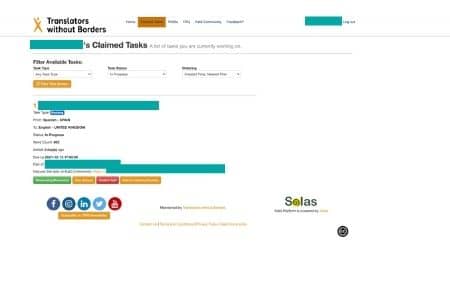
Once you’re up and running, all tasks available in your language pairs show up automatically in your Kato profile. You have to click on the task name then on the orange “claim task” button in the top right-hand corner of the next page to claim the task. Whoever claims the task first will be the one who works on it.
Can interpreters be volunteers for Translators without Borders?
No, a representative of TWB has told us that as of January 2022, the organisation doesn’t offer interpreting work to volunteers.
Are there any similar organisations that offer volunteering opportunities for translators and interpreters?
I have yet to come across an organisation that offers similar opportunities for volunteer translators and interpreters who want to share their language skills and knowledge. TED is known for offering volunteer opportunities for subtitling. Check out our guest post by Matt Leedham on volunteering for TED.
Find out more about our courses for translators!
After completing a DipTrans preparation course with another course provider, Rana Shabibi joined our Translation Conversion Course. Rana said: “I wanted to let you know that the course content is very thorough. You’ve covered so much that other courses out there lack. The sections on working for agencies and direct clients are so helpful. The course is very impressive. I’m glad I’ve chosen to do it with you.” Check out our courses for translators.

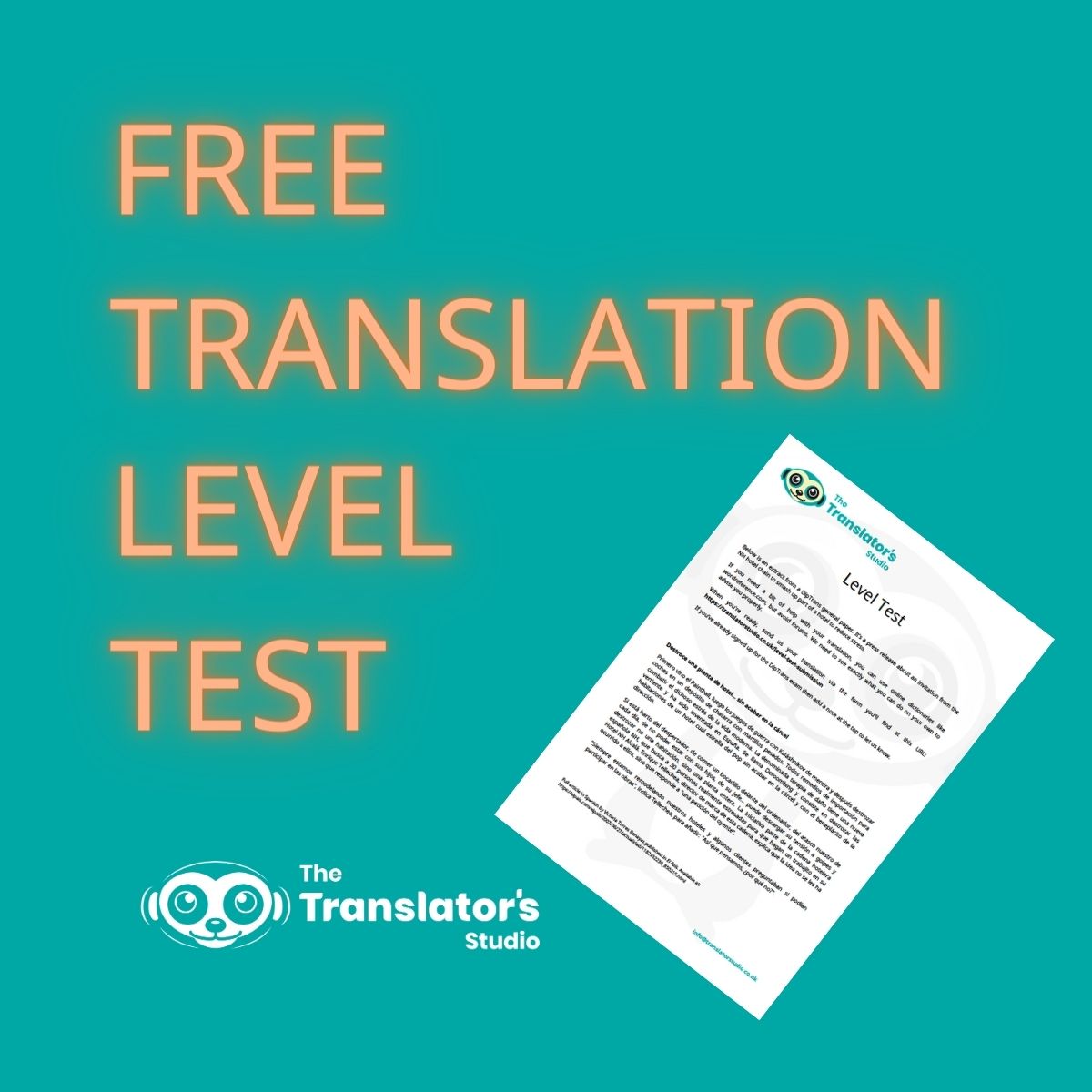
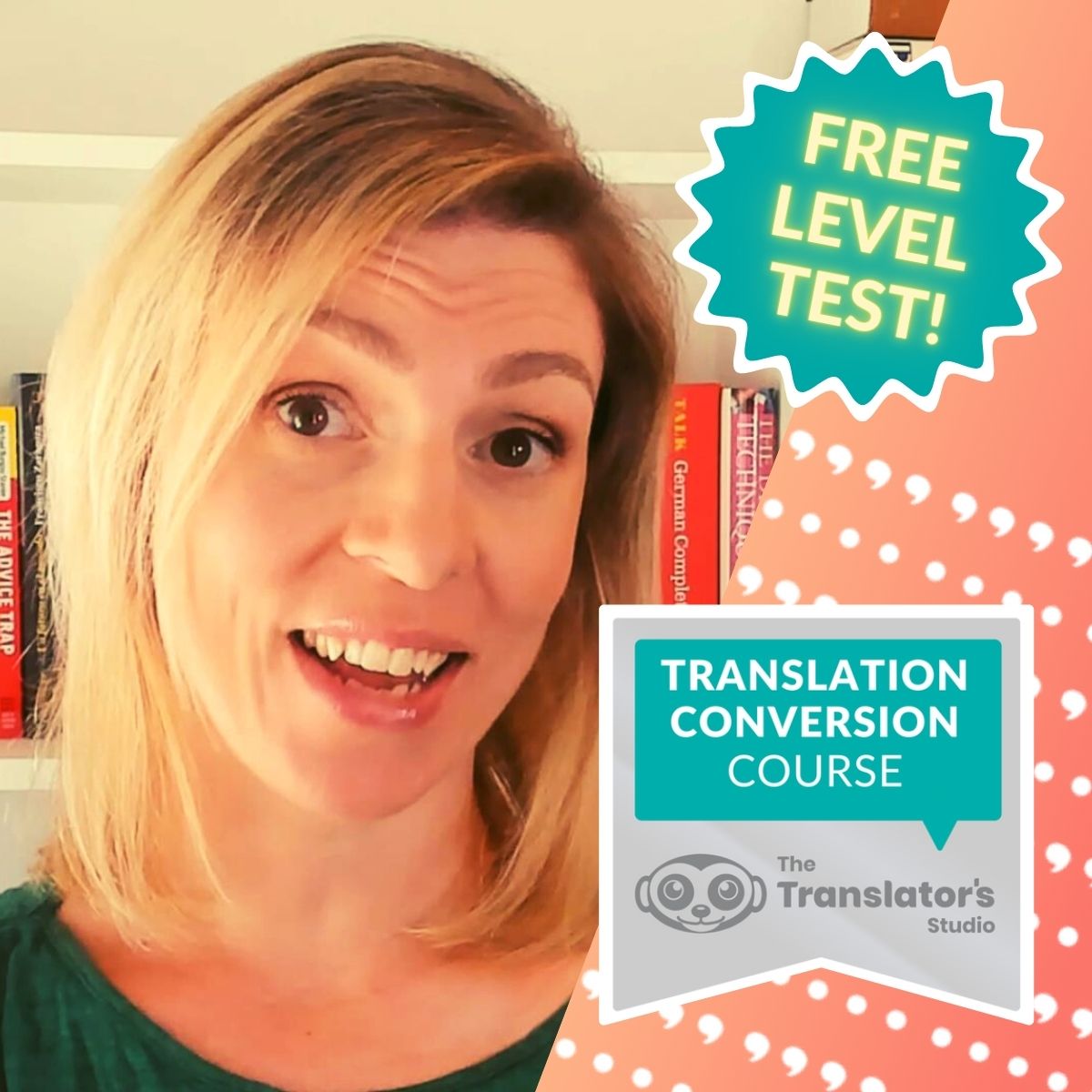

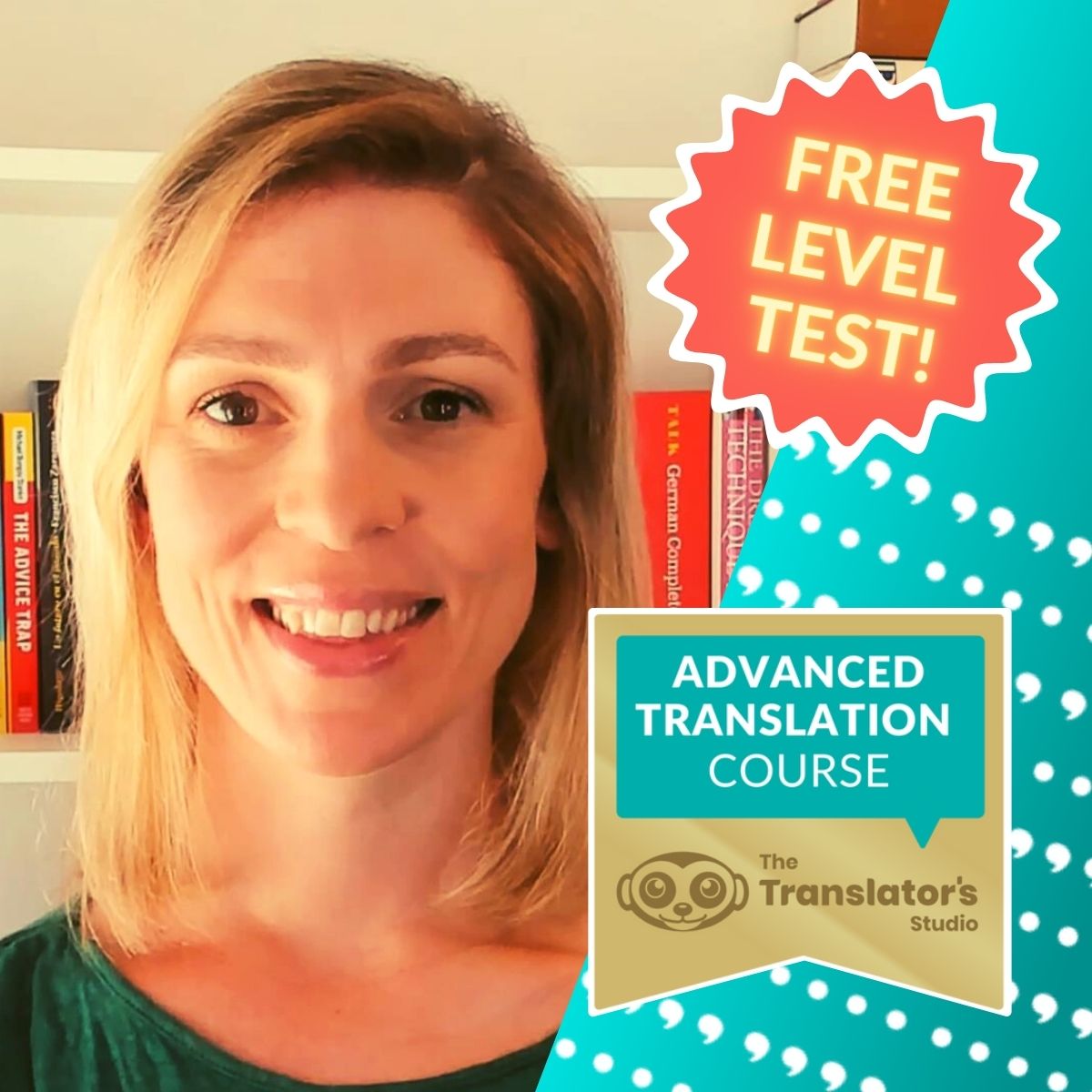
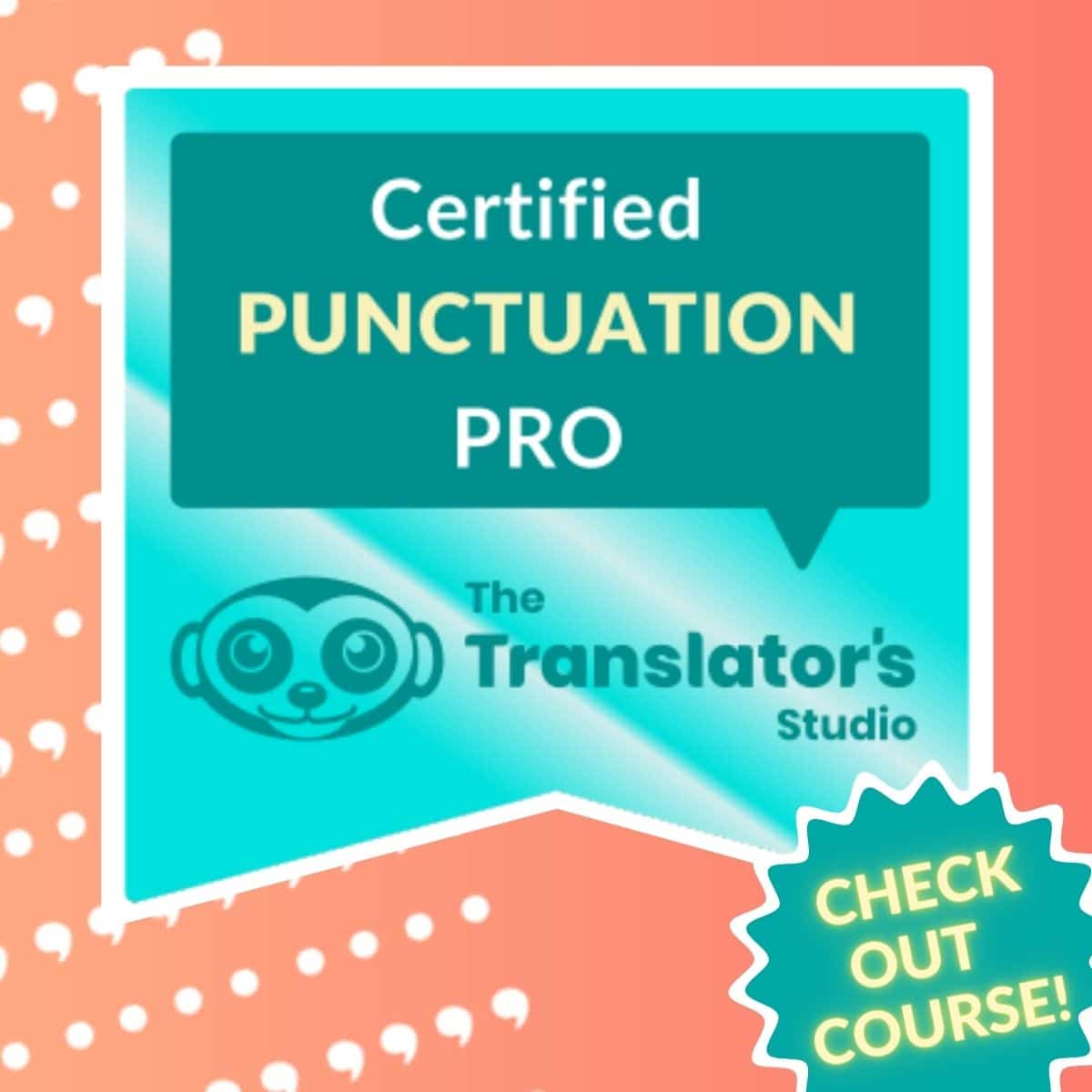

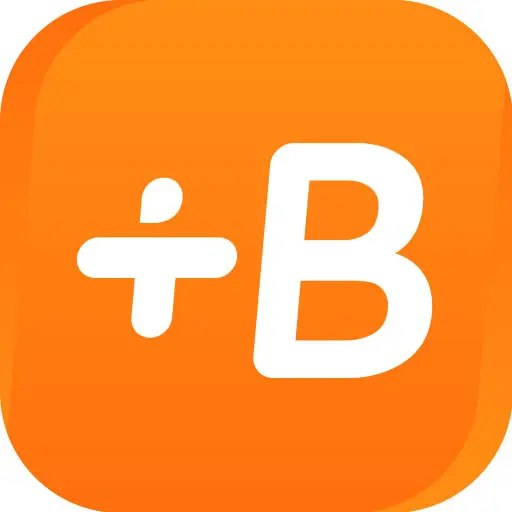


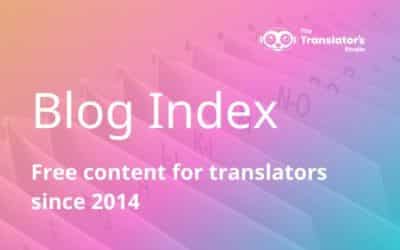

0 Comments